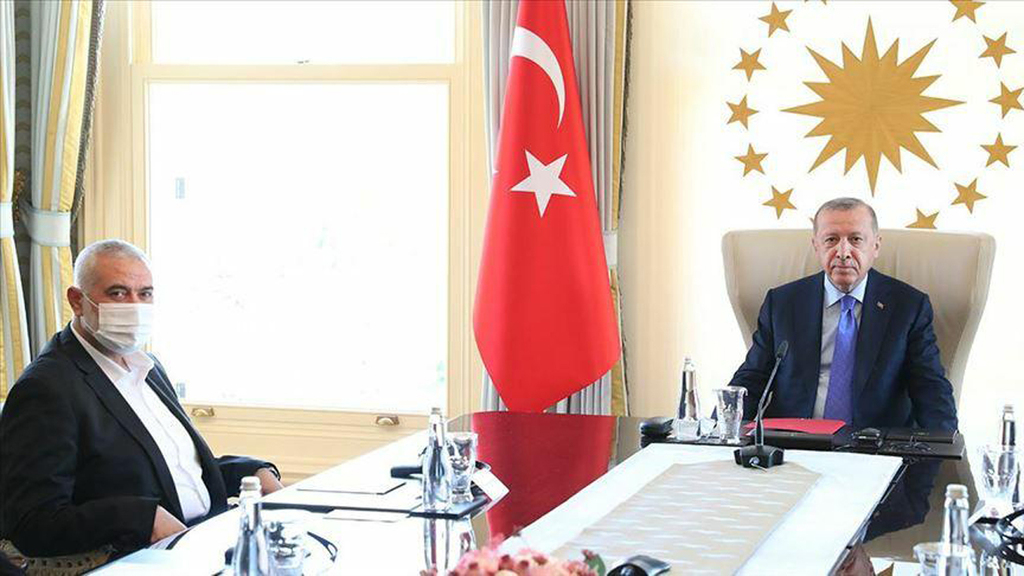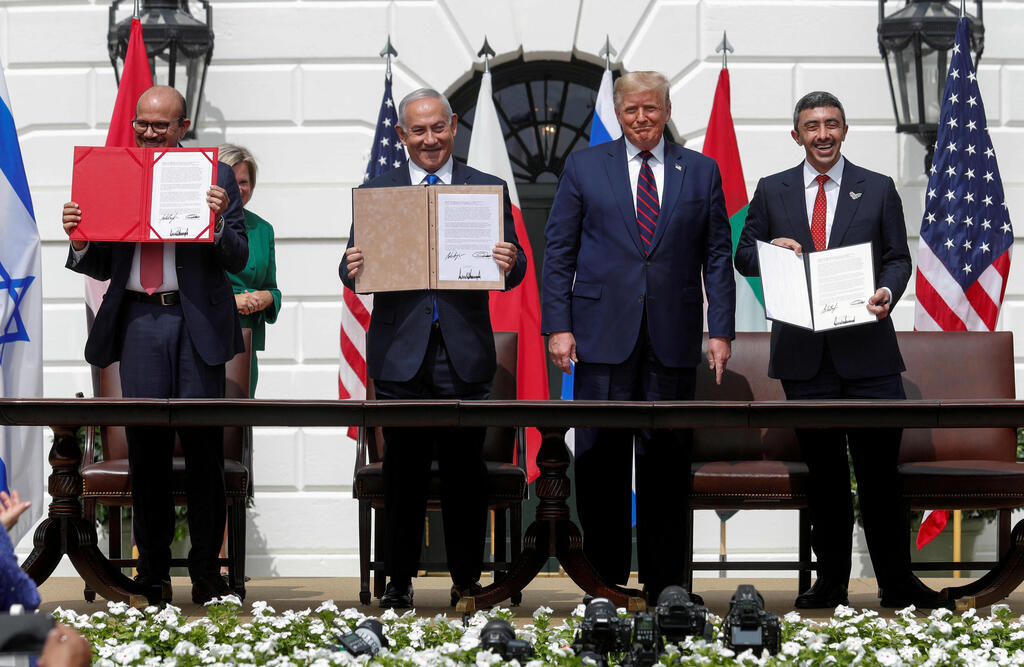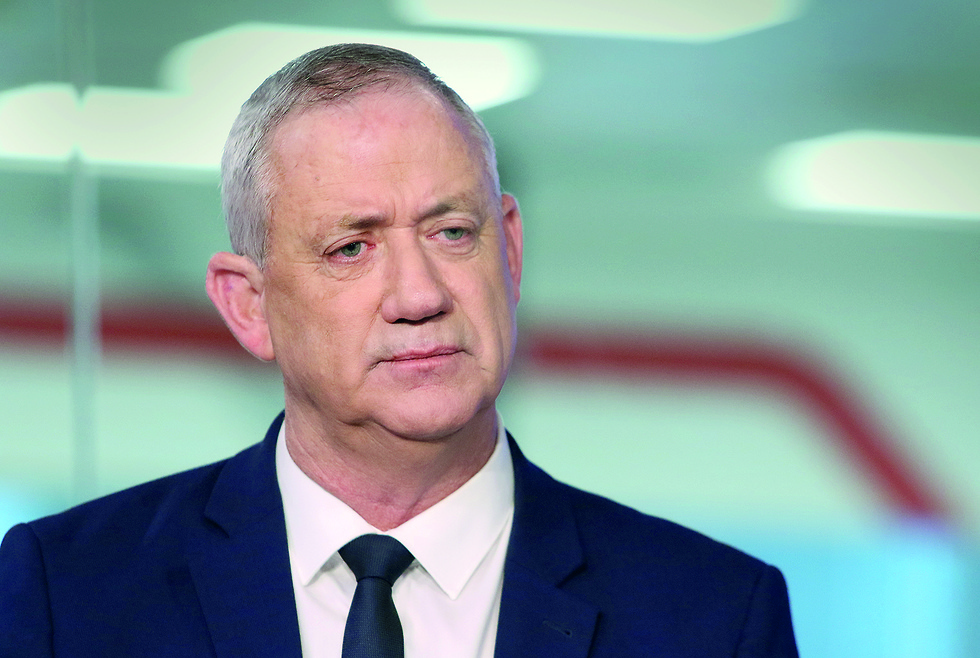Defense Minister Benny Gantz accused Turkey on Sunday of destabilizing the region and working against peacemaking efforts, and called for international pressure to bring about a change in the NATO power's conduct.
Israel generally shies from public censure of Turkey, with which it maintains trade and diplomatic relations despite the pro-Palestinian stance of Ankara's government for more than a decade.
Briefing Gulf Arab reporters as a follow-up to Israel's founding of ties with the United Arab Emirates and Bahrain, Gantz described Turkey and Iran as "denying promotion of peace and supporting regional aggression".
Iran - Israel's chief regional adversary - and Turkey have criticized the U.S.-brokered Sept. 15 normalization deal between Israel and the Gulf powers, seeing a betrayal of the Palestinian cause.
Citing Turkey's actions in northern Syria and the Eastern Mediterranean, as well as its Libya intervention and contacts with Palestinian Hamas militants, Gantz said: "All of this pushes away from stability".
3 View gallery


Chairman of the Hamas Political Bureau Ismail Haniyeh meetin Turkish President Recep Tayyip Erdogan in Ankara
"Definitely the question of Turkey is a very complicated one, because Turkey is part of NATO," Gantz told the Zoom conference, which was organized by The Arab Council for Regional Integration, a group that encourages Israeli-Arab outreach.
"So we must take all the options that we have in our hands and try to influence it through international pressure to make sure that they are pulling their hands from direct terrorism."
The Palestinians have been dismayed by Israel's diplomatic inroads in the Gulf, which side-step long-stalled talks on their statehood goal in the West Bank and in Gaza.
3 View gallery


The signing ceremony of the Abraham Accords between Israel, the UAE and Bahrain
(Photo: Reuters)
Israel, like the United States, has argued that the deals with the UAE and Bahrain could usher in a Palestine deal too.
"We just want to make sure that we find the right balance between maintaining our security and enabling Palestinian sovereignty," Gantz said.


